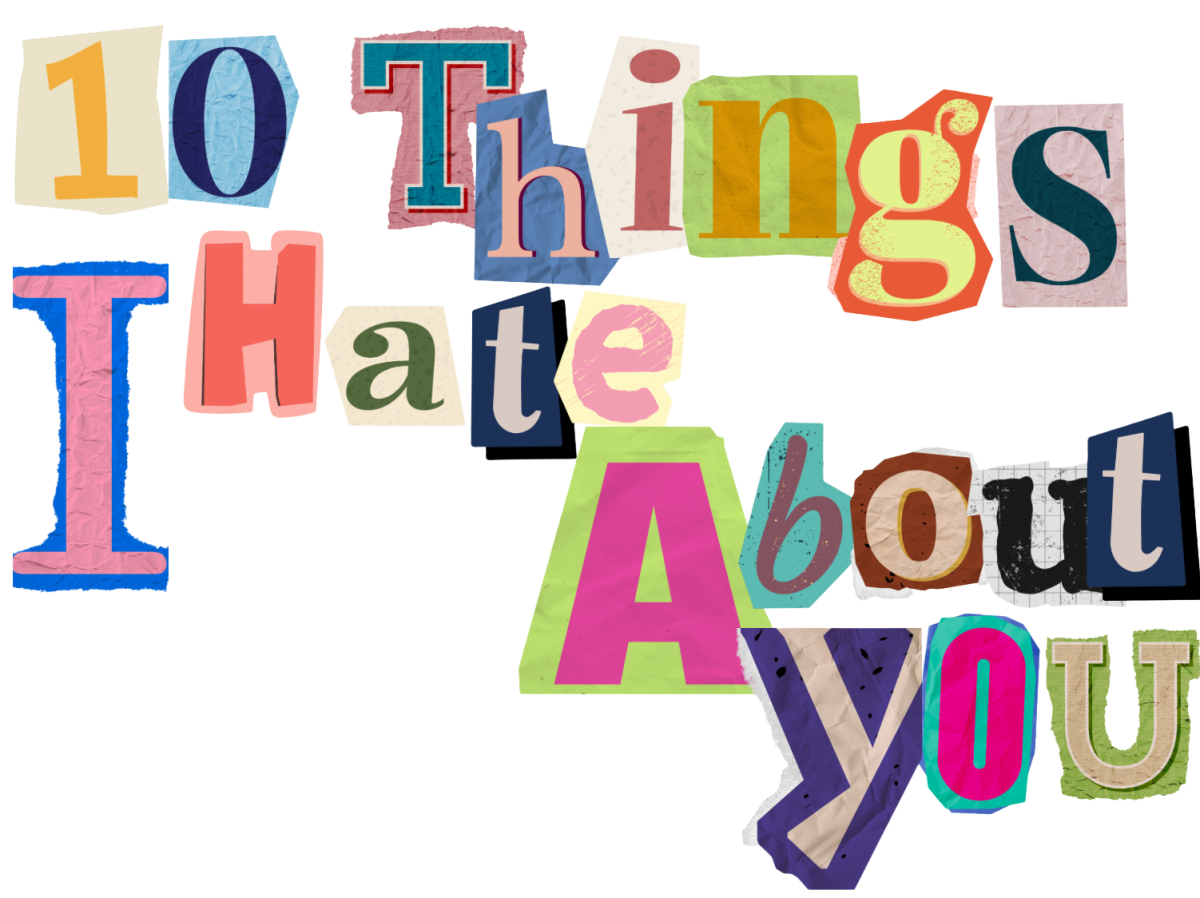TikTok; It’s probably on your phone, it has over a billion monthly active users, and it’s now a target of the U.S. government. Recently, the RESTRICT act has garnered a lot of media attention. The bill is being pushed with the goal of guarding American’s personal information from foreign governments in competition with the U.S. (primarily China) and has already made it through the House of Representatives.
This isn’t the first time that the U.S. government has tried to ban TikTok, but this instance is much more serious than its predecessor. In late 2020, then-President Donald Trump attempted to ban TikTok with an executive order. This executive order was quickly overruled by multiple D.C. courts, with TikTok’s lawyer John Hall stating “it would be no different than the government locking the doors to a public forum, roping off that town square,”. Trump has switched his stance since 2020 and is publicly opposing the new TikTok ban. This is likely due to his ongoing battle with Meta, the owners of Facebook and Instagram, who could potentially dominate the short-form media industry in the absence of TikTok. His friendship with major TikTok shareholder and billionaire Jeff Yass is also believed to be a factor. In contrast, Joe Biden is in support of the ban, saying that he will sign the bill if Congress passes it. He hasn’t said much beyond that, likely in an effort to keep all the supporters he can in the coming election.
Although the potential ban or sale of TikTok is attracting major media attention, the RESTRICT act gives the government broad powers to restrict American’s access to foreign-owned social media.
If the government does ban TikTok, it would be a huge mistake. TikTok brings income to many thousands of Americans, whether through the TikTok shop or by promoting their businesses through TikTok.
Tiktok shouldn’t be banned. The main motivation behind the push for a TikTok ban is national security concerns, but TikTok isn’t the first social media platform to be a potential threat to American national security, nor is it the most dangerous. In 2016, Facebook was the host to a massive Russian misinformation campaign that used many thousands of bot accounts to spread political propaganda, and in turn, sway the election in the favor of Donald Trump. But Facebook is still allowed without restriction in the U.S.. If Facebook, which has been proven to be a national security threat, is still allowed, why should TikTok be banned? There’s not even any evidence that the Chinese government has requested any American’s user data from TikTok; all the concern about TikTok is purely hypothetical.
But the biggest reason that we believe TikTok shouldn’t be banned is the simplest; nobody wants it. Between the widespread use of the app, the revenue it brings in for some of its users, and its ability to rapidly spread news, it’s become a major part of modern American culture. In the words of East High School teacher Brian Koch, “A competitor will come along and do essentially the same thing, and probably make a ton of money off of it. I don’t think there’s good evidence to justify a ban.”
Categories:
TikTok on Trial
The TikTok ban and its effects on students and the community
May 17, 2024
0



